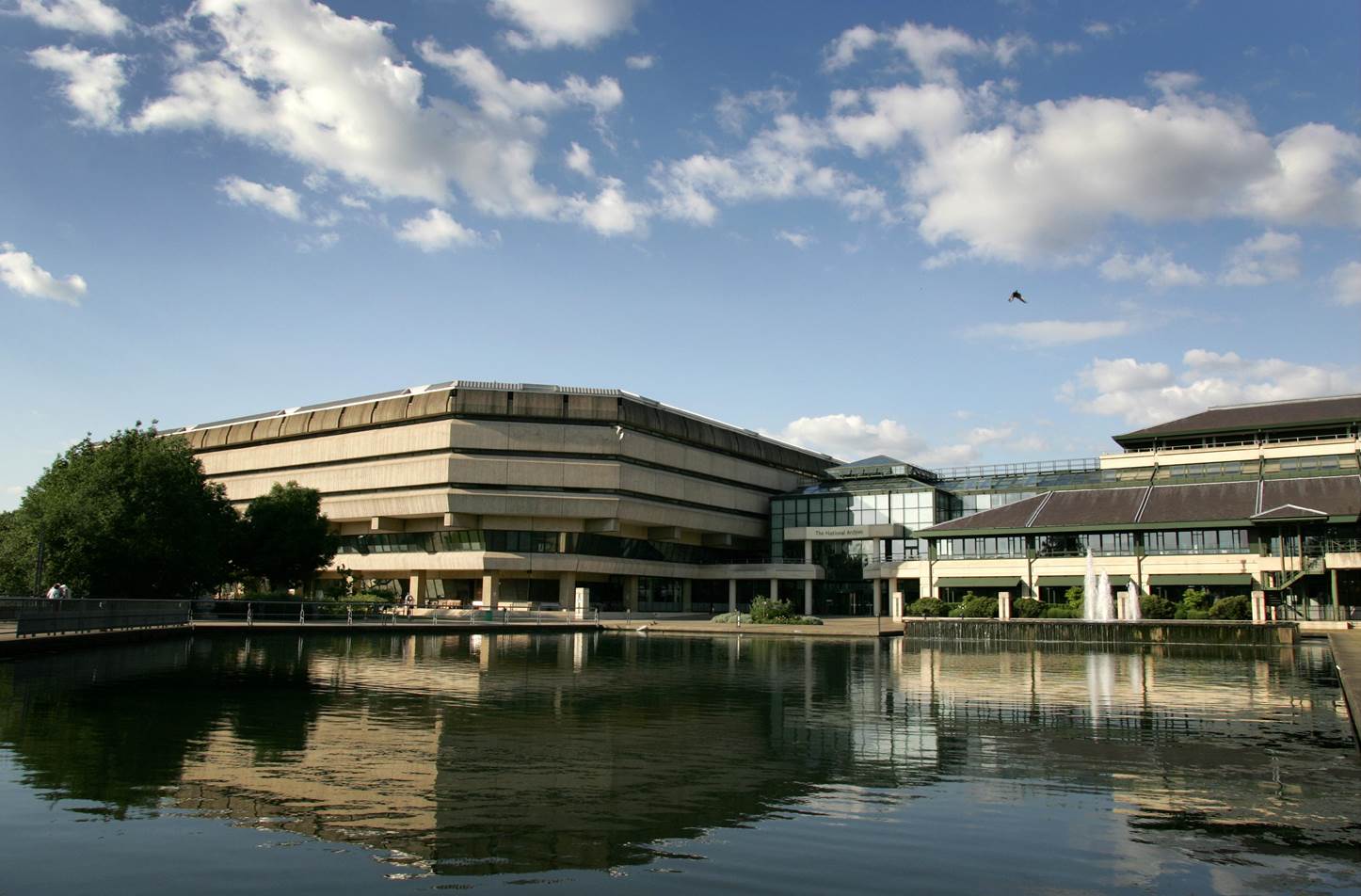Tax agency’s annual accounts reveal that redundancy programme was scaled back as a result of flexible working arrangements introduced in response to coronavirus crisis
Credit: Adobe Stock
HM Revenue and Customs has revealed that new remote-working arrangements introduced in response to the coronavirus pandemic helped it avoid around 490 redundancies last year.
The tax agency’s recently published annual report includes an update on staff turnover at the department, which is part way through a programme to shut some 170 offices and relocate officials to regional centres.
HMRC said it had projected that the office-closure programme would result in 2,839 staff leaving under voluntary or compulsory exit schemes in 2020-21, but it said the real figure had turned out to be significantly lower.
“Our response to the pandemic showed us we were able to work more flexibly, and this enabled us to offer new opportunities to some people, reducing our overall exits by 490,” the report said.
Last year HMRC permanent secretary Jim Harra told MPs on parliament’s Treasury Committee that the department was working hard to avoid losing staff as part of the office-closure programme. But he said HMRC was obliged to offer staff redundancy when their regular place of work was earmarked for closure and they could not be reassigned to an office within “reasonable travelling distance”.
The department’s 2020-2021 annual report says 503 staff accepted offers of homeworking or other flexible working arrangements as part of the office-closure programme.
Related content
- Union fury over suggestion pay could be cut for remote-working civil servants
- Seven in ten civil servants want to work from home at least three days a week
- Calls for pay cut for remote-working civil servants were ‘unhelpful’, says Gove
It says that HMRC group– which includes in-house IT provider Revenue and Customs Digital Technology Services and the Valuation Office Agency, as well as the core department – had a full-time equivalent headcount of 61,860 during the financial year. The rate of staff turnover within the group was 5.6%.
A total of 2,118 exit packages were agreed across the group, of which 67 were compulsory. The total cost of the exit packages was £81.6m, according to the report.
Elsewhere, the report said HMRC’s hubs programme was seeing “increased interest from other departments” seeking space at the regional centres. But it cautioned that the programme could have a negative impact on its own turnover of staff.
“As our colleagues move to regional centres, and we begin to share accommodation and work more closely with other government departments, we are expecting to see transfers to those other departments increase,” it said.
Fraud bill of £6.5bn
The annual report contains HMRC’s latest estimates of fraud in three big-ticket schemes set up to protect jobs in response to the coronavirus pandemic: the Coronavirus Job Retention Scheme, also known as the furlough scheme; the Self-Employment Income Support Scheme; and summer 2020’s Eat Out to Help Out campaign.
The report said furlough fraud was estimated at £5.28bn, accounting for 8.7% of the £60.7bn paid out through the scheme during 2020-21. Fraud in SEISS was estimated at £493m – 2.5% of the £19.7bn spent on the scheme last year.
Some £71m of the £840m paid out through Eat Out to Help Out was estimated to have been fraudulently claimed, a rate of 8.5%.
HMRC said the schemes had presented risks of opportunistic fraud, criminal attacks and genuine errors in submissions and calculations. But the department said the schemes had been designed to prevent incorrect and fraudulent claims being accepted and to promote good compliance.
“As a result, we have stopped over 29,000 claims valued at approximately £347m from being paid out incorrectly and committed around 1,200 full-time equivalent employees to post payment compliance activity, enabling us to ensure taxpayer money is used as intended,” the report said.
The report was released days after chancellor Rishi Sunak said it was “slightly unfair” for MPs to criticise the level of money lost to fraud on Covid financial support schemes given they were “put in place at a time of national crisis, at enormous speed”.
Sunak told the Public Accounts Committee this week that when the furlough and other schemes were being set up during the early days of the pandemic, “nobody, not a single person… was saying, ‘please can you go a bit slower, chancellor? Actually what we really want are more checks because we want this money to take longer to get to people.’”
“So, on the Covid side, that is what it is… I said it at the time, when you’re in a crisis, you’re going to end up casting the net wider than you would in peacetime,” he said.
In September 2020, perm sec Harra told members of parliament’s Public Accounts Committee that up to £3.5bn could have been wrongly paid out via the furlough scheme and acknowledged that 5% to 10% of claims could have been affected by fraud and error.
The following month, the National Audit Office said there was significant evidence that employers had wrongly claimed furlough money for employees who were working, and that fake companies had claimed payments. It said HMRC was not doing enough to prevent furlough fraud.
NAO head Gareth Davies issued a qualified audit opinion on HMRC’s 2020-21 resource accounts because of the material levels of error and fraud in the Covid-19 support schemes, as well as with Personal Tax Credits expenditure and Corporation Tax research and development reliefs.
The report and accounts detailed overpayments of £880m in relation to Personal Tax Credits, a rate of 5%. It said overpayments of £336m were estimated in relation to Corporation Tax research and development reliefs, a rate of 3.6%.
HMRC’s annual report also recorded a £2bn widening of the so-called “tax gap” – the difference between tax estimated to be owed and tax collected – to £35bn in 2019-20.
The figures, which first emerged in a separate publication in September, showed a proportional increase in the gap from 5% in 2018-19 to 2019-20.



